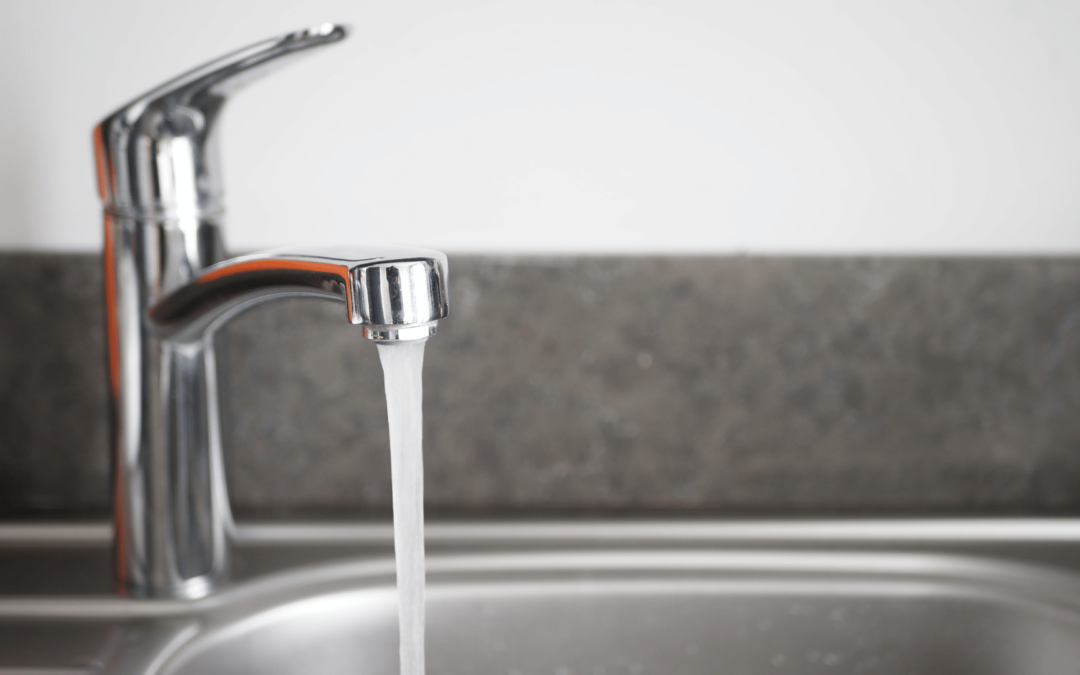Both systems have their benefits and potential challenges, so it’s essential to understand how they work and how they can affect your lifestyle. As your trusted REALTOR®,, Mr. Lister Realty is here to help you make an informed decision.
Well Water vs. Public Water: What’s the Difference?
Well Water
Homes with well water rely on underground water sources, tapped by a private well installed on the property. This water is naturally filtered through soil and rock, but it requires proper maintenance, including regular testing for contaminants like bacteria, nitrates, and heavy metals. Homeowners are responsible for maintaining the well and ensuring the water quality remains safe.
Advantages:
- No monthly water bill from a utility company.
- Access to a natural water source.
- Often, well water can taste better due to the absence of chlorine or chemical treatments.
Considerations:
- Regular testing and possible treatment are needed to ensure water safety.
- Power outages can affect the well pump, limiting access to water unless you have a backup power source.
- Well equipment requires ongoing maintenance, such as pump replacement and water softening systems to reduce mineral buildup.
Public Water (Municipal Water)
Municipal or public water, on the other hand, is provided by a city or town’s water system. This water is treated, filtered, and regulated to meet health standards before reaching homes. While convenient, it comes with monthly bills and less control over how your water is treated.
Advantages:
- Water quality is regularly monitored and treated by the municipality.
- No need for personal well maintenance.
- Water supply is typically reliable, even during power outages.
Considerations:
- Monthly water and sewage bills can add to homeownership costs.
- Water may contain chlorine or other chemicals that affect taste.
- You have less control over the water quality and treatment processes.
Key Factors to Consider
- Water Quality: If you’re considering a home with well water, ensure a thorough water quality test has been performed. This can reveal any contaminants that may require a filtration system or additional treatment. For municipal water, the city typically ensures the water is safe, but some homeowners opt for additional filtration for peace of mind.
- Maintenance and Responsibility: With a private well, you are responsible for maintaining the equipment and ensuring water safety, which can involve periodic testing and repairs. For public water, the responsibility of maintaining the water system falls on the city or municipality.
- Location Matters: In rural or more remote areas, well water is more common, whereas homes in suburban and urban areas are more likely to be connected to municipal water systems. Your water system may also affect your resale value, so it’s important to consider this when buying or selling your home.
- Cost: While well water eliminates monthly bills, the upfront costs of maintaining or repairing well equipment can be significant. On the other hand, municipal water bills are a recurring expense that must be factored into your budget.
Which Option is Right for You?
Deciding between a home with well water or municipal water depends on your personal preferences and how much responsibility you’re willing to take on. Well water offers independence from municipal systems but comes with added maintenance. Municipal water provides reliability but at a monthly cost.
At Mr. Lister Realty, we’re here to guide you through the process of buying or selling a home. Whether you’re interested in a property with well water or public water, our team can help you navigate these details and ensure you make the best decision for your needs. Contact us today to learn more about how we can help with your real estate journey!

